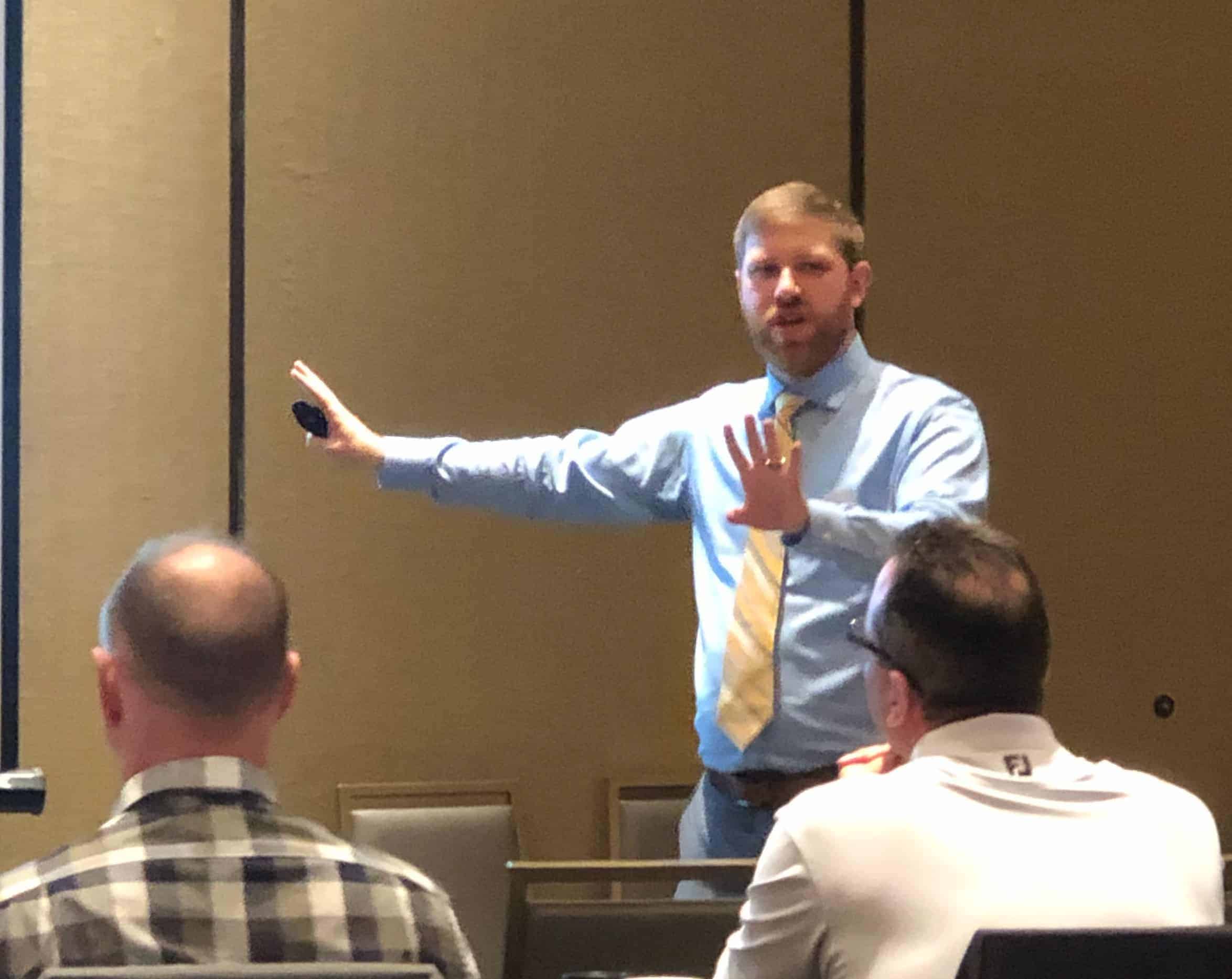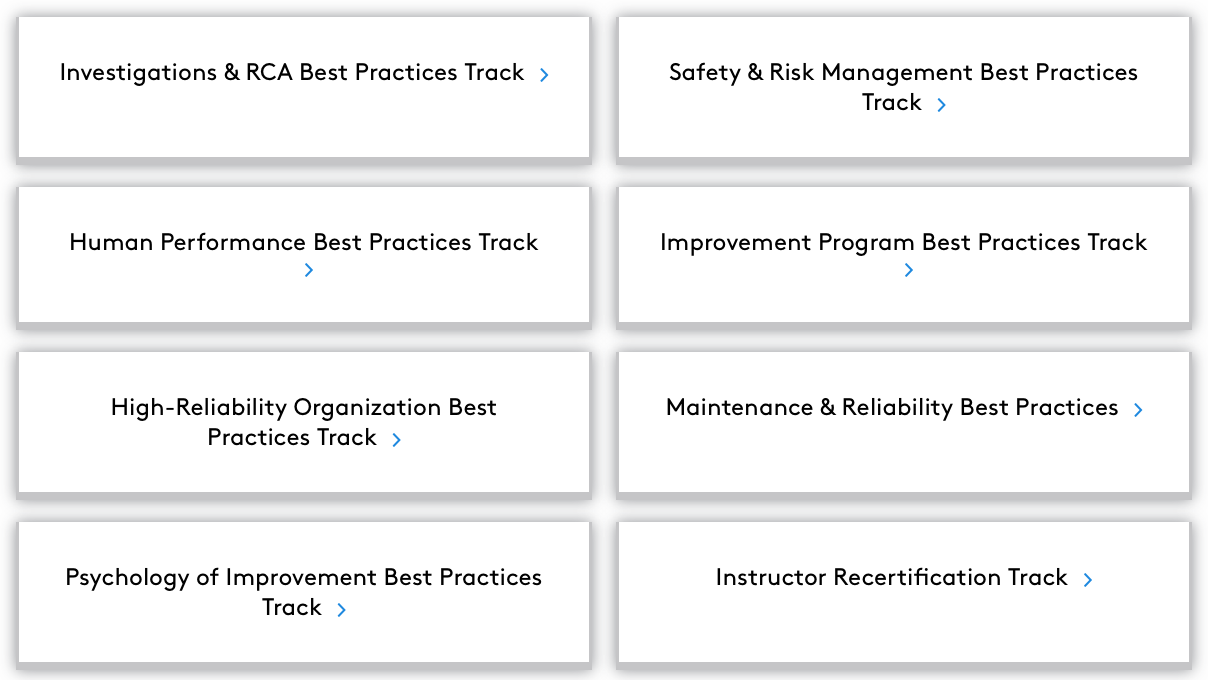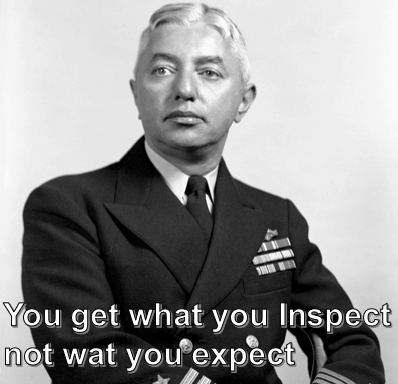Conservative Decision-Making

Do You Make Conservative Decisions?

Conservative Decision-Making … Often, people take shortcuts and make non-conservative decisions to save time or money. Incident investigators often find non-conservative decisions after major accidents. For example, the:
- BP Deepwater Horizon well blowout and explosion
- Chornobyl reactor core meltdown
- Shuttle disasters (both of them)
- Boeing 737 Max crashes
These examples are just to remind you of the many other accidents where non-conservative decision-making got companies in trouble. Lives were lost. Facilities were destroyed. The environment was damaged.
Who Makes Non-Conservative Decisions?

Many times, people at the pointy end of the stick (the workers) are blamed for making non-conservative decisions. Of course, this happens. However, investigators often look the other way when senior executives make non-conservative decisions.
Probably the most famous of these decisions is the decision by senior management that there would be NO ADDITIONAL SIMULATOR TRAINING requirements for the new 737 Max. Boeing simply computerized a short course on a tablet, and the pilots could start flying after a test. There was no mention of the new computerized system (MCAS) to prevent stalls or how to deactivate it if it caused problems.
The Verge, a technology online publication, wrote the following:
It’s a perfect example of the cross purposes at which business, technology, and safety often find themselves. With its bottom line threatened, Boeing focused on speed instead of rigor, cost-control instead of innovation, and efficiency instead of transparency. The FAA got caught up in Boeing’s rush to get the Max into production, arguably failing to enforce its own safety regulations and missing a clear opportunity to prevent these two crashes.
Eventually, it cost the CEO, Dennis Muilenburg, his job.
Would the engineers, managers, and CEO make different decisions today? Of course, they would. That’s the advantage of hindsight. However, conservative decision-making is about making the right decisions in advance (proactively – foresight).
Admiral Rickover and Conservative Decision-Making

We have previously detailed how Admiral Rickover developed the first high-reliability organization in our series of articles summarized in Stopping the Normalization of Deviation with the Normalization of Excellence – How Admiral Rickover Did It.
Conservative Decision Making was a key part of his philosophy. But he didn’t call it Conservative Decision Making. He called it Facing the Facts. We wrote about Facing the Facts at THIS LINK.
Rickover described Facing the Facts as:
“… To resist the human inclination to hope that things will work out,
despite evidence or suspicions to the contrary.“
“If conditions require it, you must face the facts and brutally make needed changes despite significant costs and schedule delays. … The person in charge must personally set the example in this area and require his subordinates to do likewise.“
The link above provides two design and production examples from the Nuclear Navy that are directly applicable to the 737 Max decisions and the alternate way that Rickover would have approached the decisions.

Rickover, who was personally involved in major design decisions, would not allow corners to be cut.
Who Needs to Learn Conservative Decision-Making?

Unfortunately, most human performance improvement programs teach conservation decision-making to people on the shop floor (workers and supervisors). Who needs the training? Senior management.
- Plant Managers,
- Operation Managers,
- Directors,
- COOs,
- CTOs,
- CFOs and
- CEOs.
These senior leaders set the tone for decisions made throughout the organization.
Learn More About Conservative Decision Making
Want to test your ability to spot conservative (or non-conservative) decisions?
Want to learn additional techniques to improve human performance?
Want to learn which techniques work the best?
Then, you need to attend the Stopping Human Error Course coming up on September 29-20 in Knoxville, Tennessee.

Alex Paradies, Dr. Emily Pritt, and Mark Paradies will teach the course.
CLICK HERE TO REGISTER FOR THE STOPPING HUMAN ERROR COURSE.
High-Reliability Organizations

Learn more about making conservative decisions and high-reliability organizations at the 2025 Global TapRooT® Summit held on October 1-3 (just after the course).

The Summit has eight Best Practice Tracks, including the High-Reliability Organization Best Practices Track. What’s in the High-Reliability Best Practices Track? See the outline below…

This track includes a roundtable to share ways to achieve high reliability (Sharing Ideas to Achieve High-Reliability & Performance Roundtable) with Mark Olson, Justin Clark, Randy Creek, and Gard Clark sharing their best idea before turning it over to roundtable discussions.

It also includes a Peer Reviews & Inspections for High-Compliance Panel Discussion session.

In this session, four Navy Nukes will share their experience with peer reviews and inspections used to gain compliance with high standards.

Mark Paradies will present the final session in the track, which describes how Admiral Rickover developed the first high-reliability organization – The Nuclear Navy.

Consider attending both the Summit and the pre-Summit Course, Stopping Human Error (September 29 – October 3), and SAVE $300 OFF the combined course/Summit fee. Bring a team and SAVE up to $900 OFF each attendee’s fee.

Remember, the Summit isn’t just about the best practice tracks. It’s also about networking and the informative, motivating Keynote Speakers.

Who are the Keynote Speakers? Vincent Phipps, Alex Weber, Gard Clark, Barb Carr, and Kim “KC” Campbell. Please find out more about them and their topics HERE.
What will the networking be like? You will network and benchmark with industry leaders from within your industry and from other industries. Here is a sample of the companies at previous Summits…
Abbott Labs | AES | Air Canada | Airgas | Alcoa | Allete | Ameren | Anglo Gold | Arlanxeo | APS | Ashland | Azule Energy | Babcock & Wilcox | Barrick | Bayer | Boart Longyear | Boardwalk Pipelines | Cameco | Champion Technologies | Chevron | CNSC | Cogentrix | ConocoPhillips | Corteva | Constellation Energy | CSB | CSP Energy | Dalkin Applied | Duke Energy | DuPont | Enbridge | Encana | Entergy | EPA | Eversource Energy | Exelon | ExxonMobil | FAA | FedEx | First Energy | Flint Hills Refining | Fluor | GE | General Dynamics | Genentech | Good Samaritan Hospital | Halliburton | Hess | Hydro One | INPO | Integris Health | International Flavors and Fragrances | Irving Oil | ISO New England | JELD-WEN | KBR | Lamb Weston | Luminant | Marathon | Mercy Hospital | M-I SWACO | Matrix Services | Momentive | Monsanto | MSHA | New Gold | Nine Energy Services | Noble Drilling | Norsk Hydro | NRC | NREL | NTSB | Nutrien | ORNL | Orsted | Oxy | Parsons | Petro-Canada | Petrobras | Pfizer | Pioneer Natural Resources | Pratt & Whitney | Praxair | Qantas | Rio Tinto | Rust-Oleum | Sandia National Labs | Sasol | Saudi Aramco | Sealed Air | Shell | Siemens | SKF | SoCal Gas | Subsea 7 | Suncor | Talisman | Thermo Fisher Scientific | Total | Tuscon Electric | TVA | Valero | Vestas | Wacker Chemical | Westar
Did you spot your company or a company in your industry?
You will meet people in similar professions and in various other professions who are interested in performance improvement. You will also meet people from around the world. Here’s a partial list of the countries from which people came to previous Summits…
Argentina | Australia | Belgium | Bolivia | Brazil | Canada | Chad | Chile | Colombia | Denmark | Ecuador | England | France | Germany | India | Indonesia | Iceland | Iraq | Ireland | Japan | Jordan | Kazakhstan | Kenya | Malaysia | Mexico | Mozambique | New Zealand | Nigeria | Norway | Oman | Papua New Guinea | Peru | Portugal | Russia | Saudi Arabia | Scotland | Senegal | Singapore | South Africa | South Korea | Sweden | Switzerland | Tanzania | Thailand | Trinidad | Qatar | United Arab Emirates | United States of America
If you don’t see your country on the list, register to attend this year and make the list more complete!
Make a Conservative Decision – REGISTER for the TapRooT® Summit
CLICK HERE to start the registration process for the Summit and a pre-Summit Course.
We look forward to seeing you in Knoxville.




Please include the CFO as a recommended attendee to your Conservative Decision Making class. These spreadsheet jockeys are often the ones setting unrealistic expectations with regard to efficiency, financial return, productivity, etc. and then they make promises to the financial press which the COO, Plant Manager, and others are then bound to meet. CFO is the MAIN function you should start with in this training as they are the ones who usually are driving the risky decision making through unrealistic models in their spreadsheets.